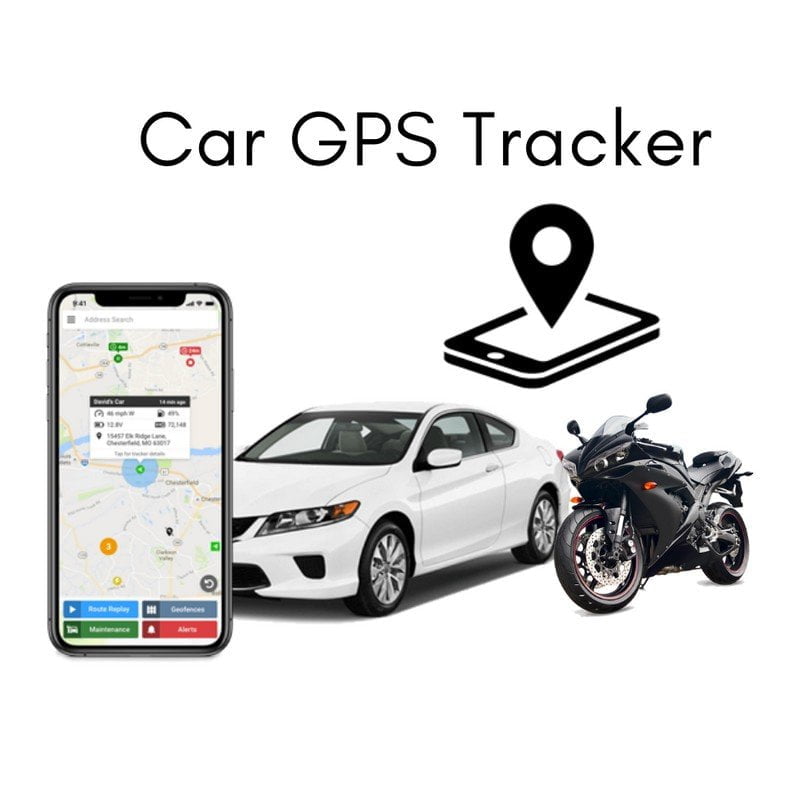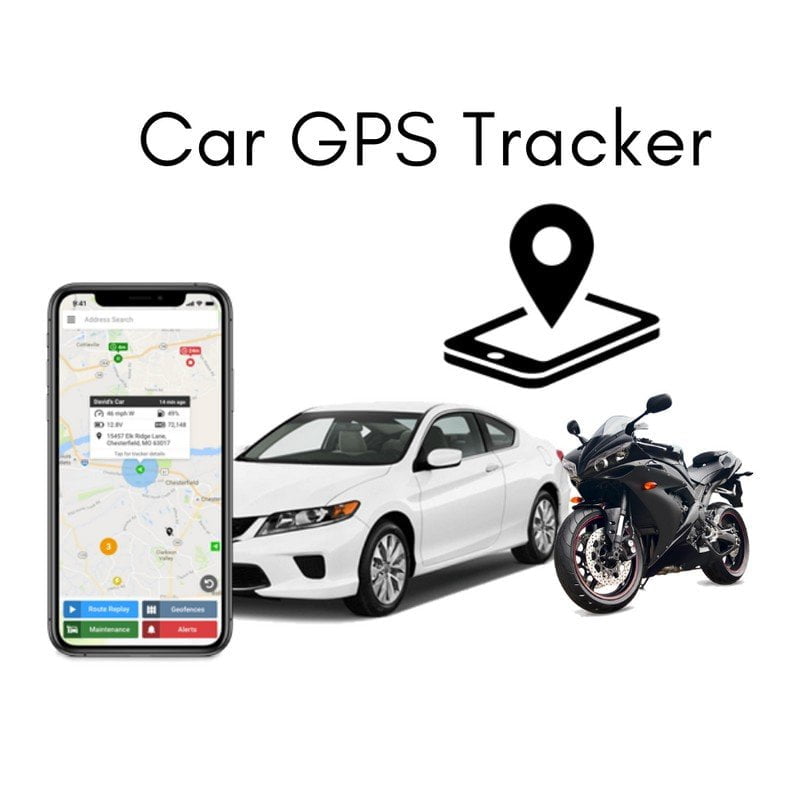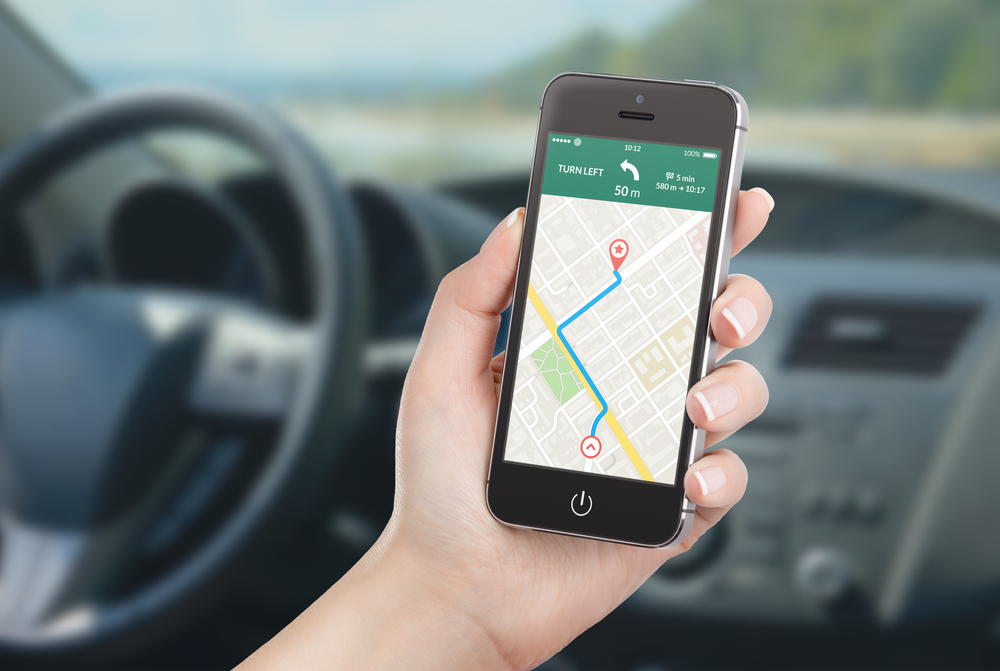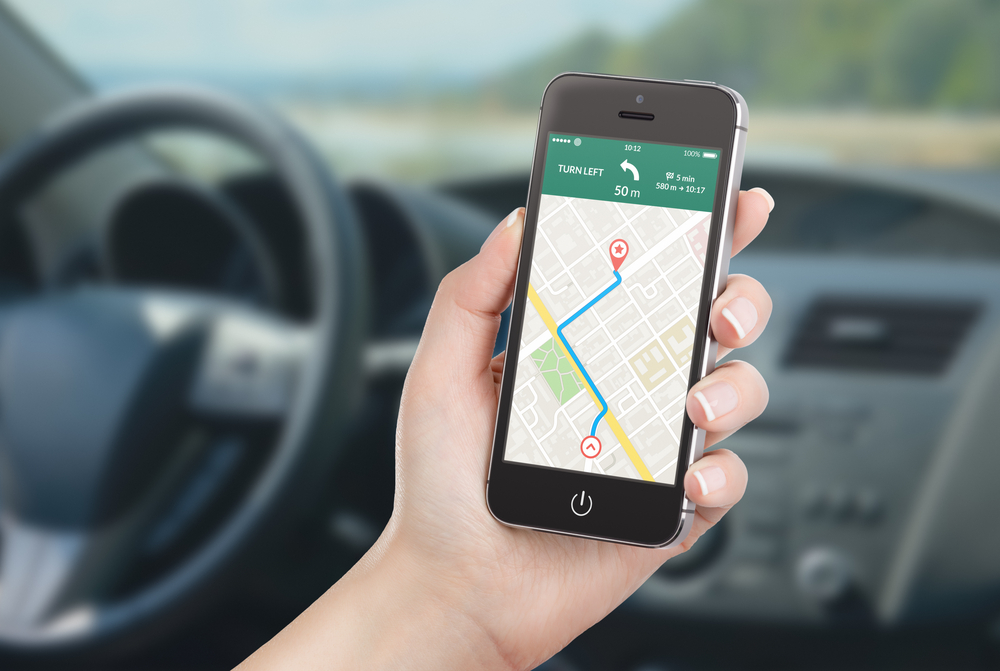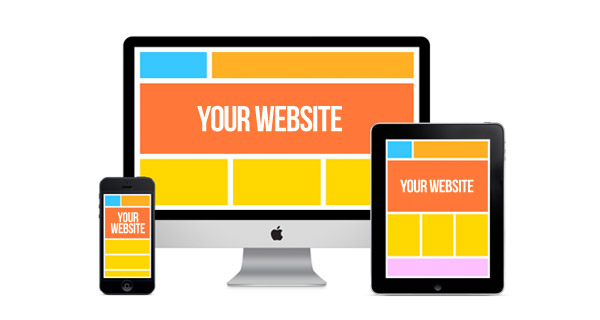
What Is a Website?
In today’s digital era, a website is more than just a collection of pages on the internet; it’s a gateway to information, services, and opportunities. Whether you’re a business owner, student, or hobbyist, understanding what a website is and how it works is essential.
Definition of a Website
A website is a collection of interlinked web pages hosted on a server and accessible through the internet using a domain name (e.g., www.example.com). Websites can serve various purposes, including:
- Information Sharing: Providing knowledge, updates, or tutorials.
- E-commerce: Selling products or services online.
- Entertainment: Offering games, videos, or social platforms.
- Professional Portfolios: Showcasing skills and achievements.
Websites are created using technologies like HTML, CSS, and JavaScript, while modern platforms like WordPress or Wix simplify the process for beginners.
Types of Websites
- Personal Websites: Blogs or personal portfolios to share experiences or ideas.
- Business Websites: Designed to promote companies, products, or services.
- E-commerce Websites: Platforms for buying and selling goods (e.g., Amazon).
- Educational Websites: Resources for learning, such as online courses or tutorials.
- Nonprofit Websites: Sites for charities or community projects.
How Does a Website Work?
When a user enters a website’s domain name into a browser:
- The browser sends a request to the web server hosting the website.
- The server retrieves the requested pages and sends them back to the browser.
- The browser displays the website for the user to view and interact with.
This entire process happens in seconds, allowing users worldwide to access websites anytime.
Why Are Websites Important?
A website is crucial for individuals and businesses alike because:
- Global Reach: Websites are accessible 24/7, enabling people to find information or shop from anywhere.
- Credibility: A well-designed website builds trust and authority.
- Marketing: Websites serve as a platform for promoting products, services, or ideas.
- Convenience: Users can access services, make payments, or learn new things from the comfort of their homes.

